The nearly decade-long legal battle over a 29-second YouTube clip of a toddler dancing to a barely discernible Prince song may end up going before the Supreme Court after free speech advocates representing the mother who shot that video petitioned the nation’s highest court. [More]
fair use
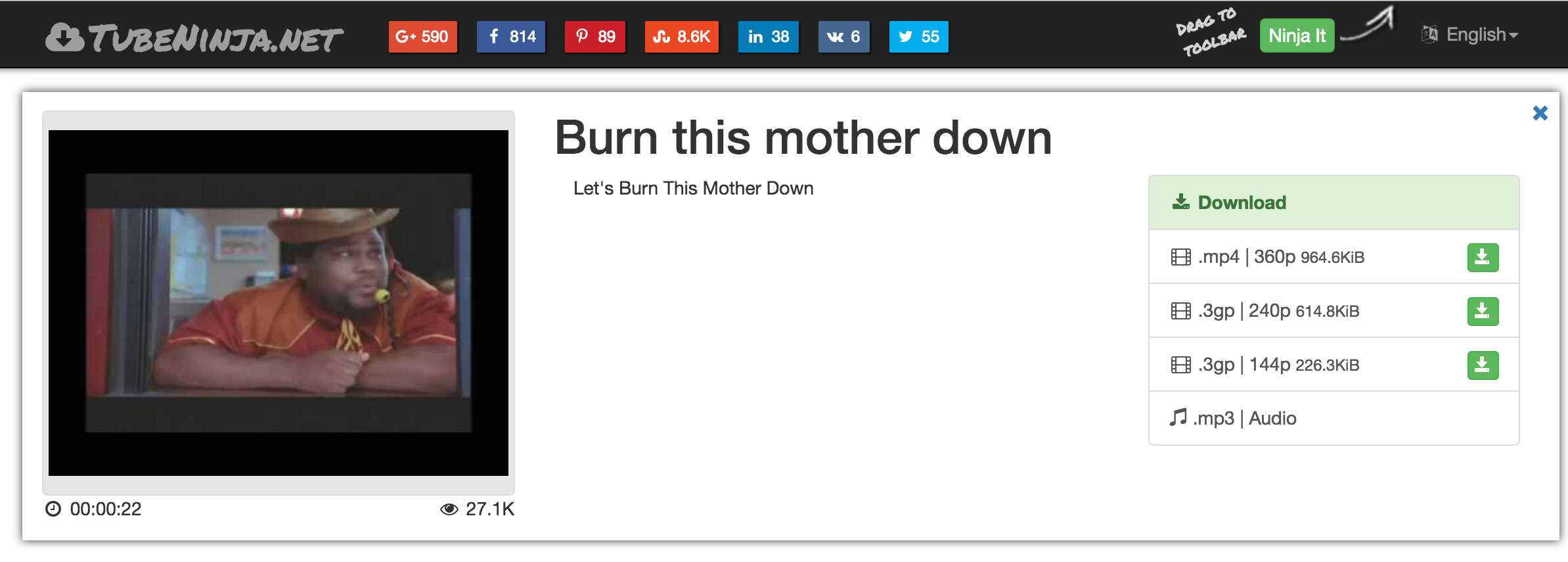
YouTube Threatens Legal Action Against Service That Lets You Download Videos
Most of us are perfectly happy with going to YouTube and streaming that clip of Pookie being exhorted — in language that is not safe for work — to lay waste to his place of work, but some folks may want to watch this video offline, or do some tinkering with the clip. Some YouTube videos are available for download, but most are not, which is why people turn to services that allow you to get your own copy of a streaming video. YouTube, not surprisingly, is not a fan of such services and is dangling the threat of legal action against at least one. [More]

Today Is The Anniversary Of 2 Live Crew’s Historic Supreme Court Win
2 Live Crew may be best known for its raunchy 1989 hit “Me So Horny” and the group’s public spats with family values groups and censors, but 22 years ago today, Luther “Luke Skywalker” Campbell and the Crew scored an important victory before the U.S. Supreme Court in a ruling that affirmed that parody constitutes a protected “fair use” of copyrighted material. [More]

Fairly Used: Why Schools Need To Teach Kids The Whole Truth About Copyright
Today’s teenagers live in a time where technology gives them the tools to create, share, and publish just about anything they can conceive, and enables and encourages them to use and remix existing content from TV, movies, music, and games. At the same time, they are repeatedly reminded that their creations can be shut down, removed, or monetized by others who simply claim to have a copyright. So they know how to snag a clip from The Walking Dead, set it to “Yakety Sax” and post it on YouTube, but what they may not know — because most schools are failing to teach them — is under what circumstances the law actually protects the fair use of copyrighted material, and when it doesn’t. [More]
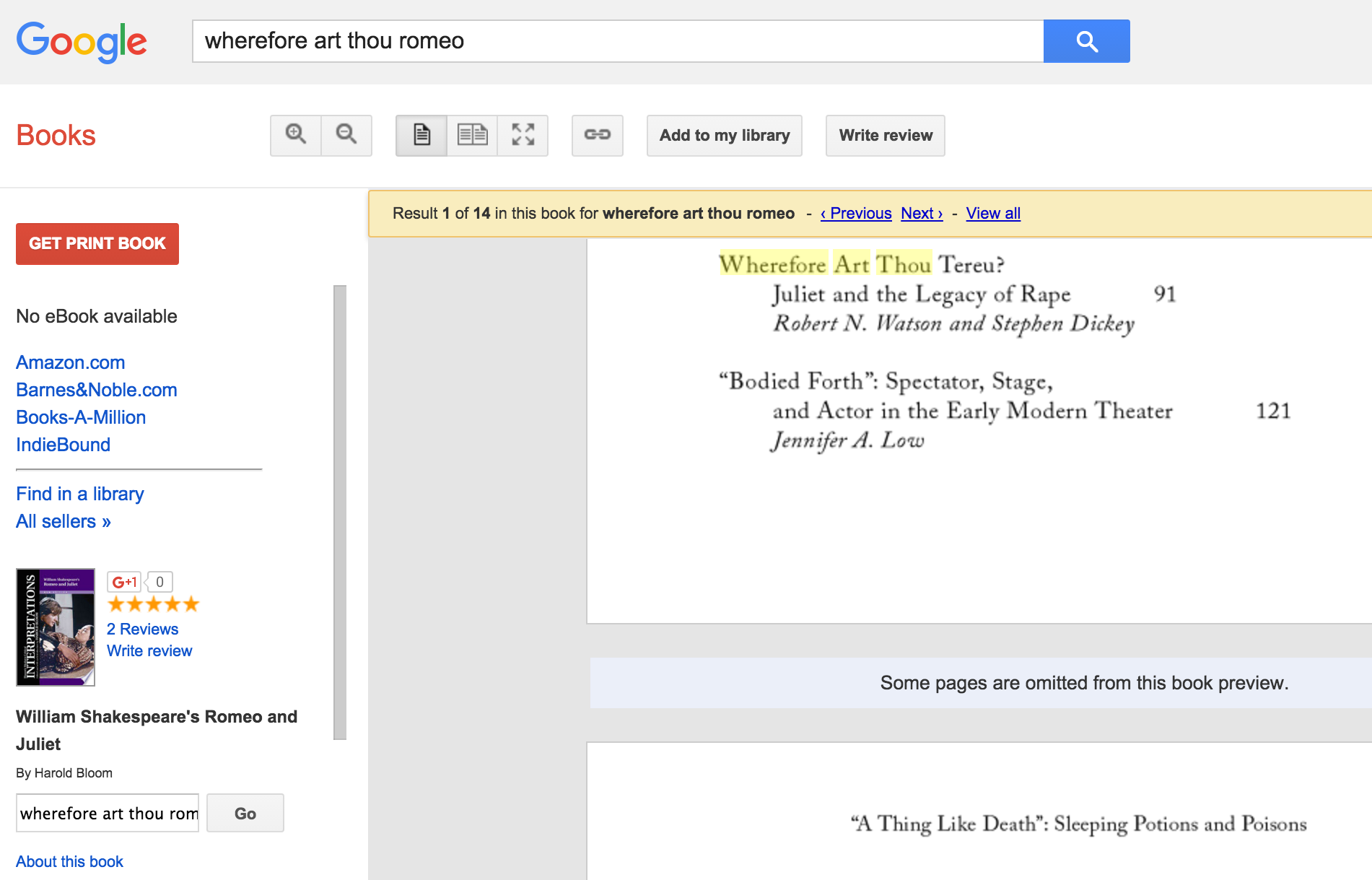
Appeals Court Says Google’s Book-Scanning Project Is Legal Fair Use
A federal appeals court has sided with Google in a lawsuit filed by the nation’s largest trade group for professional writers, ruling that the Internet giant’s large-scale book-scanning project is a legal fair use of these texts and not a violation of the authors’ copyright. [More]
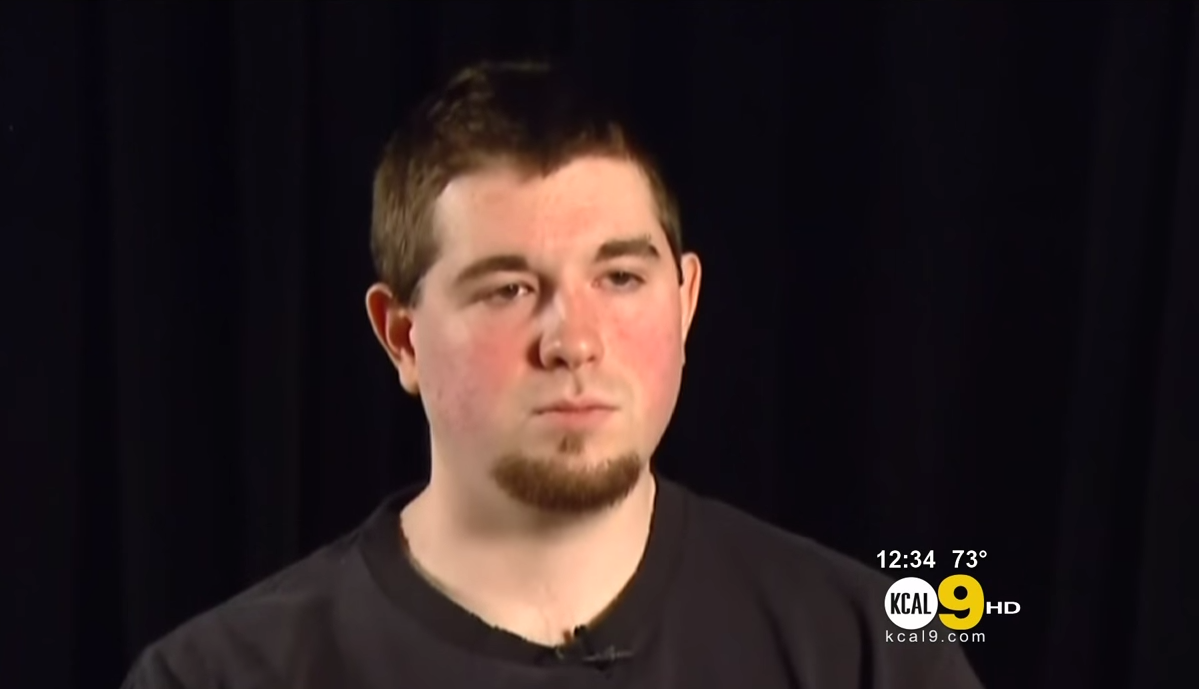
Revenge Porn Site Operator Tells Google To Remove His Personal Info. Seriously.
For several years, Craig Brittain operated a so-called “revenge porn” website that not only allowed users to publicly post revealing photos and personal information about people (mostly women) without their permission, but actively encouraged it. The site has since been shut down and Brittain recently settled with the Federal Trade Commission over allegations of fraud. But now the man who made money off the sharing of strangers’ images doesn’t want the world to know what he looks like. [More]

Sony Demands Reporters Stop Reporting On, Destroy Stolen Documents
Sony is still reeling from the recent massive hack that has opened a seemingly endless source of news stories about funny names that celebrities use to check into hotels and which movie stars are considered greedy jerks by greedier, jerkier studio executives. But now the company is hoping to put this to an end, sending legal notices to reporters asking them to cease writing about the stolen items and to delete anything they might have in their possession. [More]

Photographer Still Trying To Claim Ownership Of Monkey Selfie
Even though the U.S. Copyright Office has explicitly stated that one can not register a copyright for “A photograph taken by a monkey,” the photographer whose camera was used by a monkey for a now-famous self-portrait is still trying to claim that he is the owner of the photograph and demanding that a website purchase a license to run the image. [More]
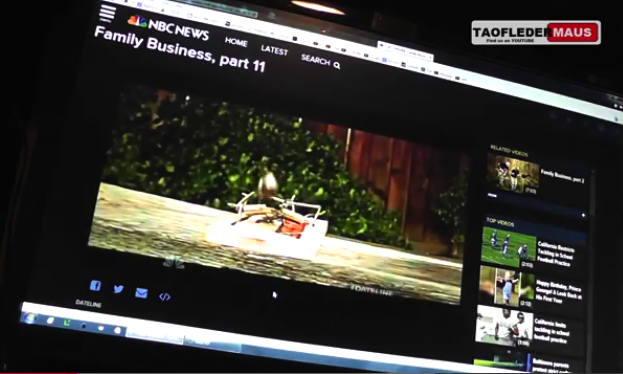
Can Dateline NBC Just Run Your YouTube Clip Without Permission?
Dateline NBC (aka “The Murder Show”) recently aired an episode about a California farm manager who was killed by an explosive device that used a spring-loaded rat trap as part of its triggering system. Thus, the show featured numerous YouTube clips of rat traps doing all sorts of awesome and violent things (no actual killing of rodents, thankfully) — some of which turned up in the browsing history on one of the suspect’s home computers — but Dateline didn’t identify the creator of those videos. [More]

Federal Judge: Republishing Full Story Without Permission Was OK
According to a ruling by a federal judge, a man was legally protected when he copied and pasted an entire Las Vegas Review-Journal article, including a headline, onto another site. The judge said the man wouldn’t have to pay a Copyright Act fine because the newspaper couldn’t prove that the article’s re-posting reduced the amount of readers who would read the original article. [More]
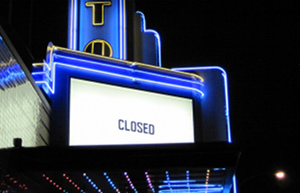
What To Do When A Company Pulls Your Fair Use Video From YouTube
Last week Constantin Films got YouTube to pull almost all the Angry Hitler parody clips by using the website’s Content ID tracking system. The process is automatic, and YouTube immediately takes down a video once it’s been tagged. However, that also means you can use this system in reverse to get your clips back up, at least for as long as you’re in dispute with the copyright holder. Whether you do this or not will depend on how willing you are to risk a potential lawsuit later on. [More]
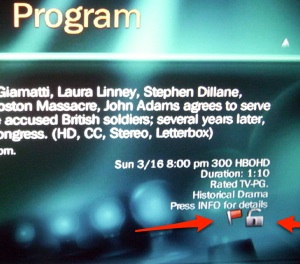
HBO Using Tivo's Macrovision DRM To Restrict "John Adams" Miniseries?
When Dean recorded HBO’s new Tom Hanks-produced miniseries “John Adams”—which is not a pay-per-view or on-demand program—he was surprised to see it was flagged by Tivo’s Macrovision software, which controls how many times you may watch a program and how long you can store it before it’s automatically deleted. Now the question is, was this a mistake on the part of HBO or Dean’s cable provider Comcast? Or—considering HBO’s infamous anti-consumer stance on time-shifted programming—is it the beginning of a sneaky “back-door” approach to locking down all their content, something Tivo’s own people said would probably not happen when they added Macrovision to their recorders in 2004?

J.K. Rowling Sues To Stop Publication Of Fan-Written Potter Reference Book
Harry Potter author J.K. Rowling takes a dim view of independently authored reference books, it seems. She’s joined a lawsuit to stop the publication of a fan-written reference book based on a website that she herself admitted to using while fact checking her writing.
../..//2007/10/18/media-companies-including-cbs-corp/
Media companies including CBS Corp., Microsoft Corp., News Corp.’s Fox and MySpace, Viacom, Walt Disney and NBC have all agreed to some über-pact of copyright “guidelines” to protect their work, and have said they will announce the details later today. “The agreed principles include using technology to eliminate copyright-infringing content uploaded by users to Web sites and blocking any material before it is publicly accessible.” [Reuters]

Regal Cinemas Facing Boycott After Pressing Charges Again Teen "Pirate"
You might remember this story from a few days ago: When 19 year-old Jhannet Sejas taped a 20 second clip of Transformers on her Canon Power Shot camera, she probably didn’t think she was committing a crime that calls for 1 year in prison and a $2,500 fine. If she did, she probably didn’t think the movie theater would call the police, have her arrested, and then press charges.

CCIA Starts Online Petition Defending Fair Use
The CCIA, an industry trade group representing the interests of the likes of Google and Microsoft, asked us to let you know they’ve started an online petition at DefendFairUse.org.

Meet The "CCIA": Google, Microsoft's Industry Group Attacks Copyright Bullying
Google, Microsoft, and others speaking through the Computer and Communications Industry Association or CCIA, have announced their intention to file a complaint with the FCC accusing copyright holders such as Major League Baseball, the National Football League, the MPAA and the RIAA of “overstating” their rights in various consumer warnings.


